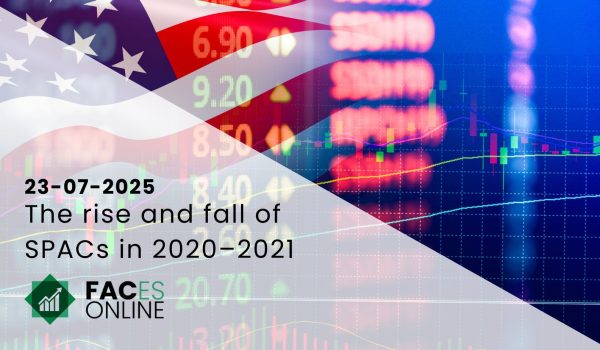In this part James Knightley talks about another concern related to the UK leaving the EU. Furthermore, he explains what the consequences will be if the UK leaves the EU and what the consequences will be for the banking sector. In the end, he will give a general advice to students from Tilburg University.
Another concern is that the UK would no longer be under the EU umbrella when we trade with countries like the US, Japan, Canada or Mexico, so we need to agree on individual deals with these countries. The US trade negotiator already suggested that they are busy negotiating trade deals with China, Mexico, and Brazil. They do not really want to sit down and negotiate with the UK as well, so there is a lot of uncertainty there. But also my big concern is that on the investment side the UK is a particularly open economy to foreign investments. In most normal European economies, foreign investment accounts are about 5-10% of total investment spending in their economy, in the UK’s case it is approximately 20%. The UK is a very popular destination for foreign businesses to put infrastructure, investment, and factories. Anything that could make the UK less appealing, such as this uncertainty is going to harm jobs and it is going to harm investments in the UK economy over that window of uncertainty.
What might be the consequence(s) if the UK would leave the EU?
A lot of people come up with provocative statements, but the thing is we just do not know how the negotiations are going to go, so those people are sort of pre-empting. Because of this, my concern is that the economic risks are largely stemming from political uncertainty. Due to the possible French and German elections next year and the people that we were negotiating a deal with may no longer be in power and they might want something else. They would then have to go back to the start on negotiations and this creates a hugely unsettling period. A lot of people have been suggesting that if the UK votes to leave it can bring Europe actually together. Europe can work together more easily without the UK; if the UK leaves, that is going to make things easier. However, I guess a concern is that if the UK leaves, this could result in more fragmentation in the European Union. It could be the start of a broader breakup if the worse case scenario does hit. So the major risk is not only for the UK, but also for the European Union itself. The big issue for the UK economy is that if the UK leaves this will be a catalyst for Scotland pushing for a second independence referendum, because the people of Scotland are much more pro EU than the people of England are. So the Scottish government has suggested that if the votes on June 23rd do come out that the UK is leaving, while, the Scottish majority had voted to stay, they could use that as their campaign point for a second referendum on independence.
In terms of the Scottish independence agreement it would be a real risk. The UK would then not just have to be negotiating with the EU, but would probably have to negotiate a second divorce with Scotland. The political and business capital that has been used in these negotiation processes means terrible news of sentiment and it would be a massive debt to the UK’s growth prospects, which would feed into the European growth prospects. We also think in this environment that the sterling is going to fall substantially and very sharply indeed and that would make it even more difficult for European companies that export to the UK. This is because you have weaker demand coupled with the fact that you have become much less competitive against the UK because of the currency strength of the euro versus sterling.
What would be the impact of a Brexit on the banking sector in Canary Wharf London and on the UK in general?
At the moment, it is all relying on the UK banks getting this EU passport to continue operating in the EU if we do vote to leave. There have been suggestions that a lot of banks would look at reweighting where their workers are based, and there is the real threat that business does move. It comes down to the negotiations that you would imagine the EU is going to campaign quite hard for, if the UK does vote to leave. The EU will try to take much more of the Eurozone business and have it done in the Eurozone, so the UK is probably going to have some business gone if that is the case. It would be very interesting to see what the negotiations would entail, but certainly there is the potential for London to take a big hit as a global financial center. The idea that we have one center is probably misplaced.
What would be the consequence(s) for the trade relationship between the United Kingdom and the Netherlands if a Brexit is the outcome in June 2016?
The Netherlands is the UK’s third biggest trade partner, so it is a very important relationship that ideally would continue, so that is why we would need to see a deal done very quickly. Obviously, we are going to see that a lot of Dutch companies are going to be very concerned. And the deal needs to be done very quickly if the UK does vote to leave, so it could cause significant pain, if there are any barriers to trade or tariffs. And that is clearly not going to be positive for building growth or expanding the relationship.
What advice would you give students from Tilburg University?
In terms of careers, I would always suggest to do what interests you. Do not feel compelled to follow everyone else and take the regular line. Do what interests you, because your career is going to be long and diverse, just follow your heart.
















